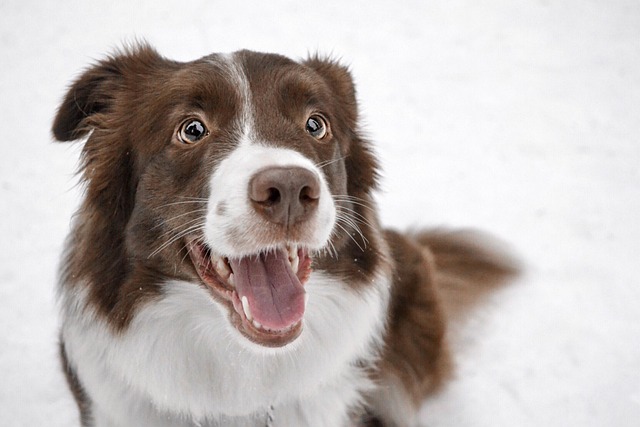
Are border collies hard to potty train?
Border collies aren’t inherently harder to potty train than other breeds, but their unique traits can make the process feel trickier if you’re not prepared.
Border collies aren’t inherently harder to potty train than other breeds, but their unique traits can make the process feel trickier if you’re not prepared. These dogs thrive on routine and mental stimulation—miss a beat in their schedule, and they might act out. I’ve spoken to owners in rural Vermont who swear by consistent 6 a.m. walks, while city dwellers in Chicago find success with pee pads during work hours, though local ordinances often require promptly disposing of soiled pads to avoid fines.
Their intelligence works both ways. A border collie will quickly connect “outside” with “potty time” if you reward the behavior immediately—think tiny treats or enthusiastic praise. But they’ll also test boundaries if your rules waver. One London owner shared how her pup started peeing by the door on purpose when she was 10 minutes late for their evening walk, as if scolding her for the delay.
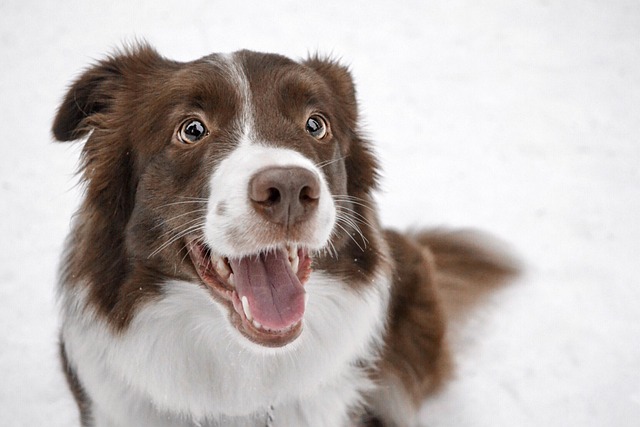 Timing is everything, especially with puppies. Border collie litters I’ve observed at shelters in Oregon typically need a bathroom break within 15 minutes of eating, napping, or playing. Neglect that window, and you’ll find accidents on your favorite rug. Crate training helps here—dogs naturally avoid soiling their sleeping space, but remember: in many U.S. states, leaving a puppy crated for more than 4 hours violates animal welfare laws.
Timing is everything, especially with puppies. Border collie litters I’ve observed at shelters in Oregon typically need a bathroom break within 15 minutes of eating, napping, or playing. Neglect that window, and you’ll find accidents on your favorite rug. Crate training helps here—dogs naturally avoid soiling their sleeping space, but remember: in many U.S. states, leaving a puppy crated for more than 4 hours violates animal welfare laws.
Socialization plays a role too. A border collie that’s nervous around strangers or other dogs might hold their bladder longer out of anxiety, leading to unexpected accidents. Taking them to pet-friendly parks (check local bylaws—some require leashes even in designated areas) helps build confidence, making potty breaks more predictable.
As they mature, consistency remains key. Adult border collies in suburban Ontario neighborhoods often signal needs clearly—staring at the door, pawing gently, or even fetching their leash. But if your routine changes (a new job, a vacation), expect a few setbacks. One Alberta owner learned this the hard way after a week away; her normally reliable collie had three accidents before she re-established their morning walk schedule.
Ending on a positive note: most border collies master potty training by 6 months with patience. Their eagerness to please means they’ll work hard to get it right—just make sure your expectations align with their energy levels. And always keep waste bags handy—failing to clean up after your dog can result in hefty fines across Europe and North America, not to mention strained neighborly relations.

Border collies aren’t inherently harder to potty train than other breeds, but their unique traits can make the process feel trickier if you’re not prepared.
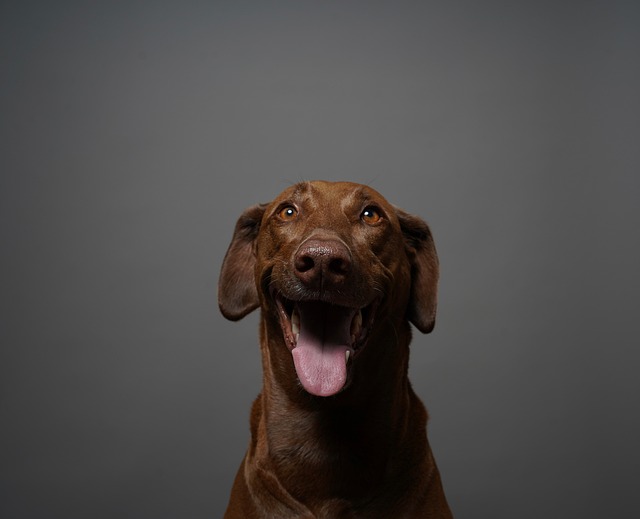
Teaching a dog to high five isn’t just a party trick—it’s a fun way to bond, boost their confidence, and keep their brain sharp.
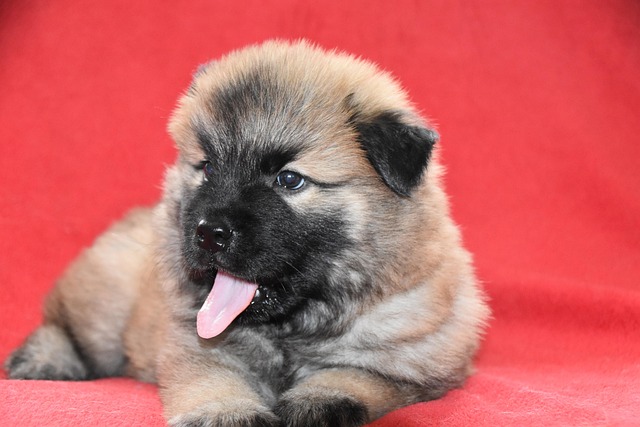
Anyone new to hunting with dogs knows the struggle—you want a partner that listens, adapts, and picks up skills without endless frustration.

Ever seen a Labrador retriever effortlessly fetch game in the fields or a German Shorthaired Pointer lock onto a scent with laser focus? Behind those impressive skills lies extensive training—and a price tag that varies widely.

That sinking feeling of coming home to find your favorite chair leg gnawed beyond recognition or a new cushion ripped apart is a rite of passage for many new dog owners
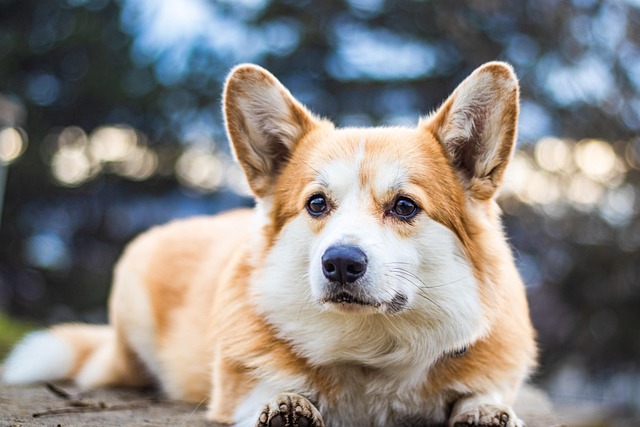
Teaching your dog to nuzzle their nose into your palm isn't just a cute party trick—it's a foundation for communication, trust, and even practical safety cues.